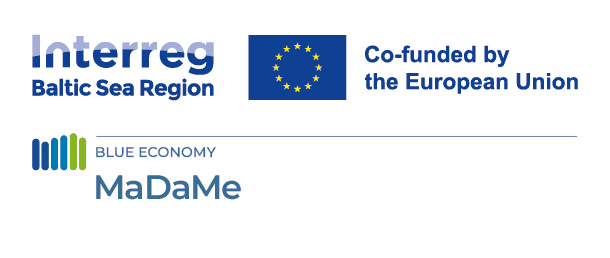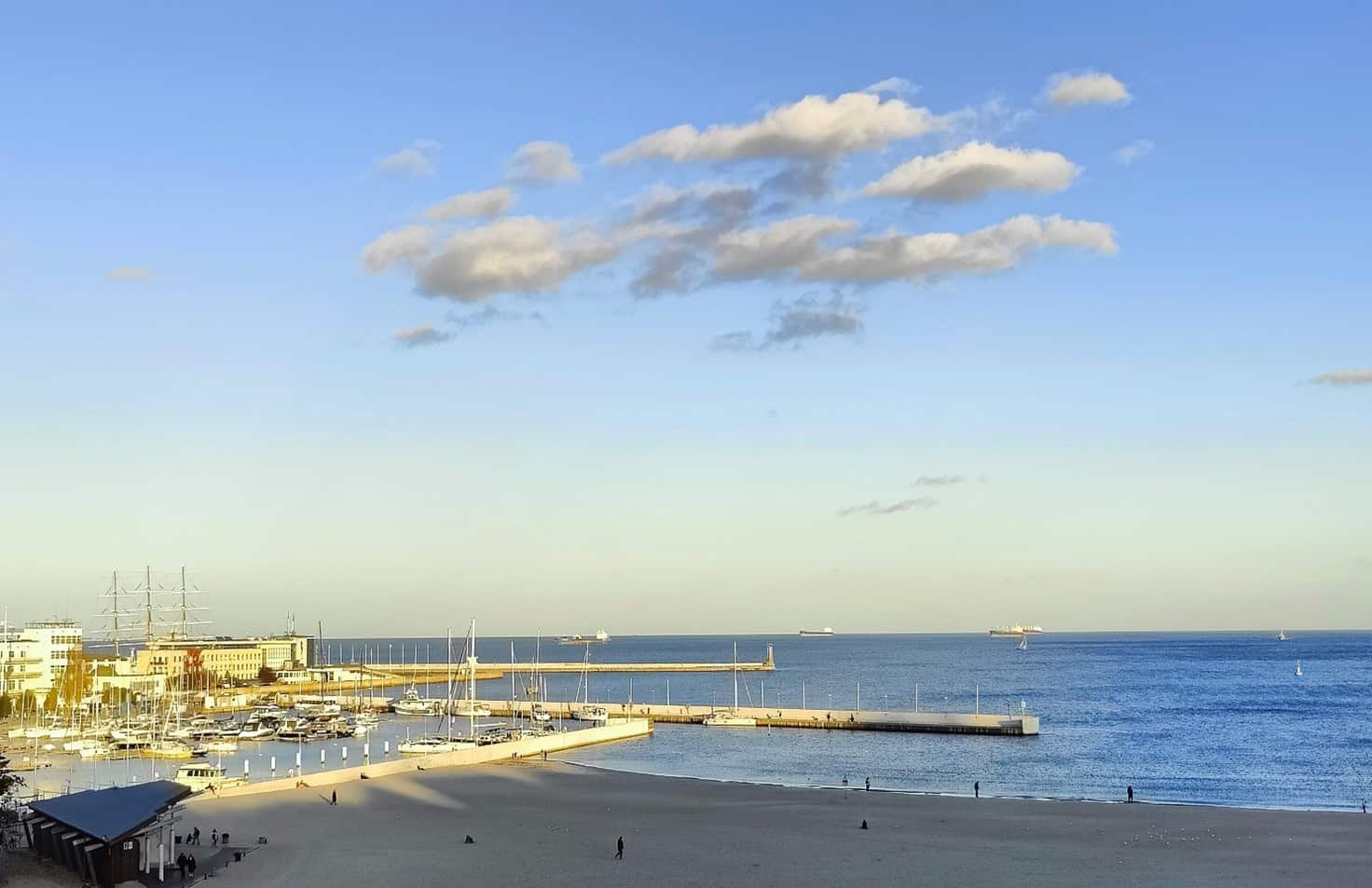
First year of MaDaMe project nearing completion: pilot phase for digital fairway services set to begin in 2025
01 November 2024
The first year of the MaDaMe (Maritime Data Methods for Safe Shipping) project is nearly complete! Last week, project partners gathered in sunny Gdynia, Poland, to review the achievements of the past year and plan for the next two years. The project is truly moving forward at full speed!
Significant progress has been made in developing three new digital fairway services: the Digital Navigational Warnings Service, the Digital Aids to Navigation (AtoN) Service, and the Digital VTS Traffic Management Service. Development of the Maritime Connectivity Platform (MCP) is also well underway. Additionally, notable strides have been made in developing new cyber-secure communication methods for data transfer between shore stations and vessels. The first VDES and LTE test equipment has already been installed on a commercial vessel in Denmark.
The coming year will mark the most exciting phase of the project: full-scale onboard piloting. These pilots will integrate all the project’s developments and will be conducted in three countries: Finland, Denmark and Poland. The results will offer valuable insights for the ongoing international standardization work within organizations like IHO, IALA, and other international bodies.
Development of the digital fairway services is particularly relevant right now, as the next generation of ECDIS devices, compliant with the new S-100 standards and capable of receiving real-time digital information, will be available for navigation starting in 2026. These devices will become mandatory for new vessels beginning in 2029. This shift will significantly impact daily operations on vessels, offering more accurate and timely information to support navigators in their decision-making. However, it also represents a major challenge for maritime authorities and service providers who will deliver these new digital services. In practice, this means countless hours of standardization, development, testing, and international collaboration to ensure a safe and smooth transition—work that the MaDaMe project partners are fully committed to.






